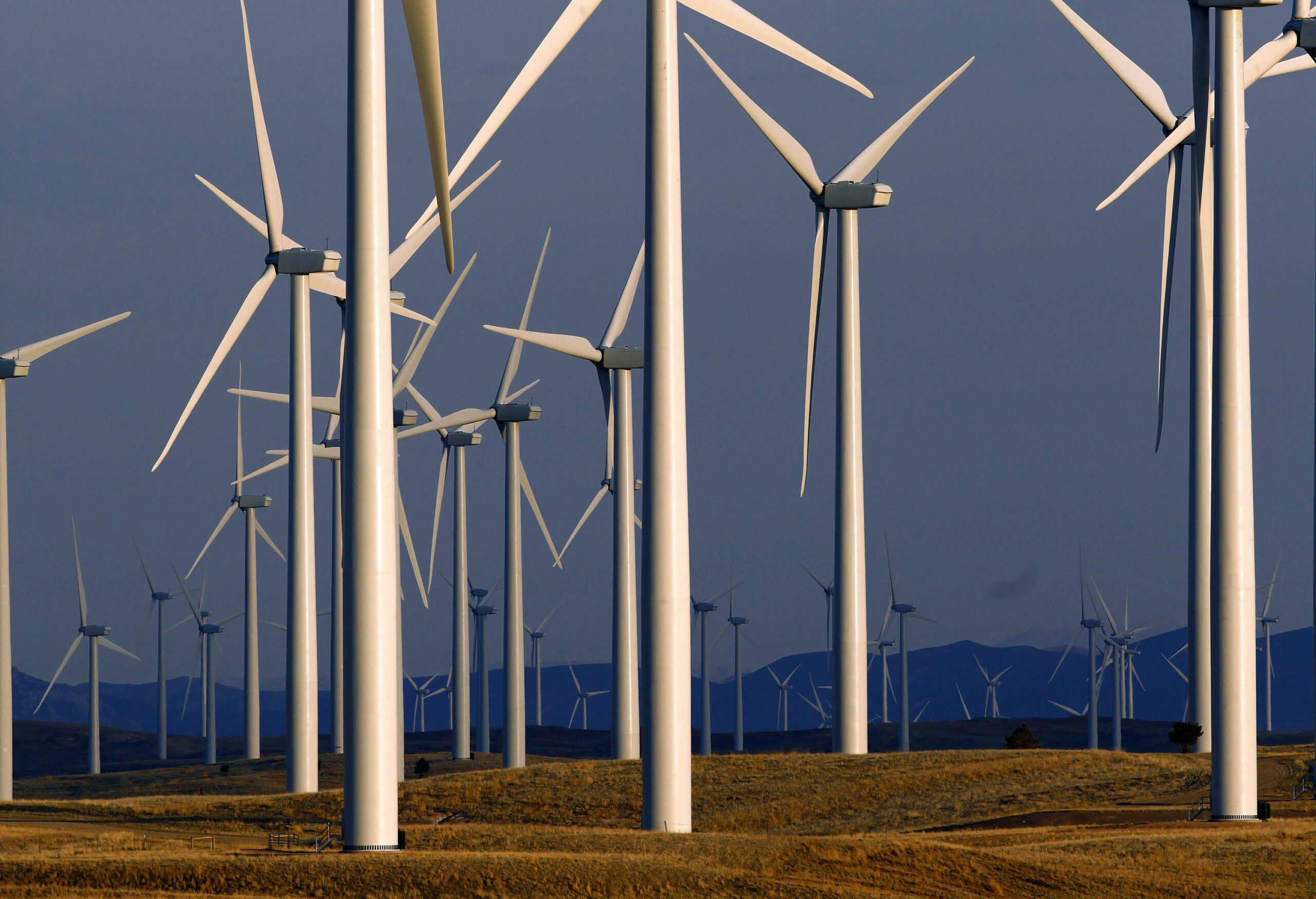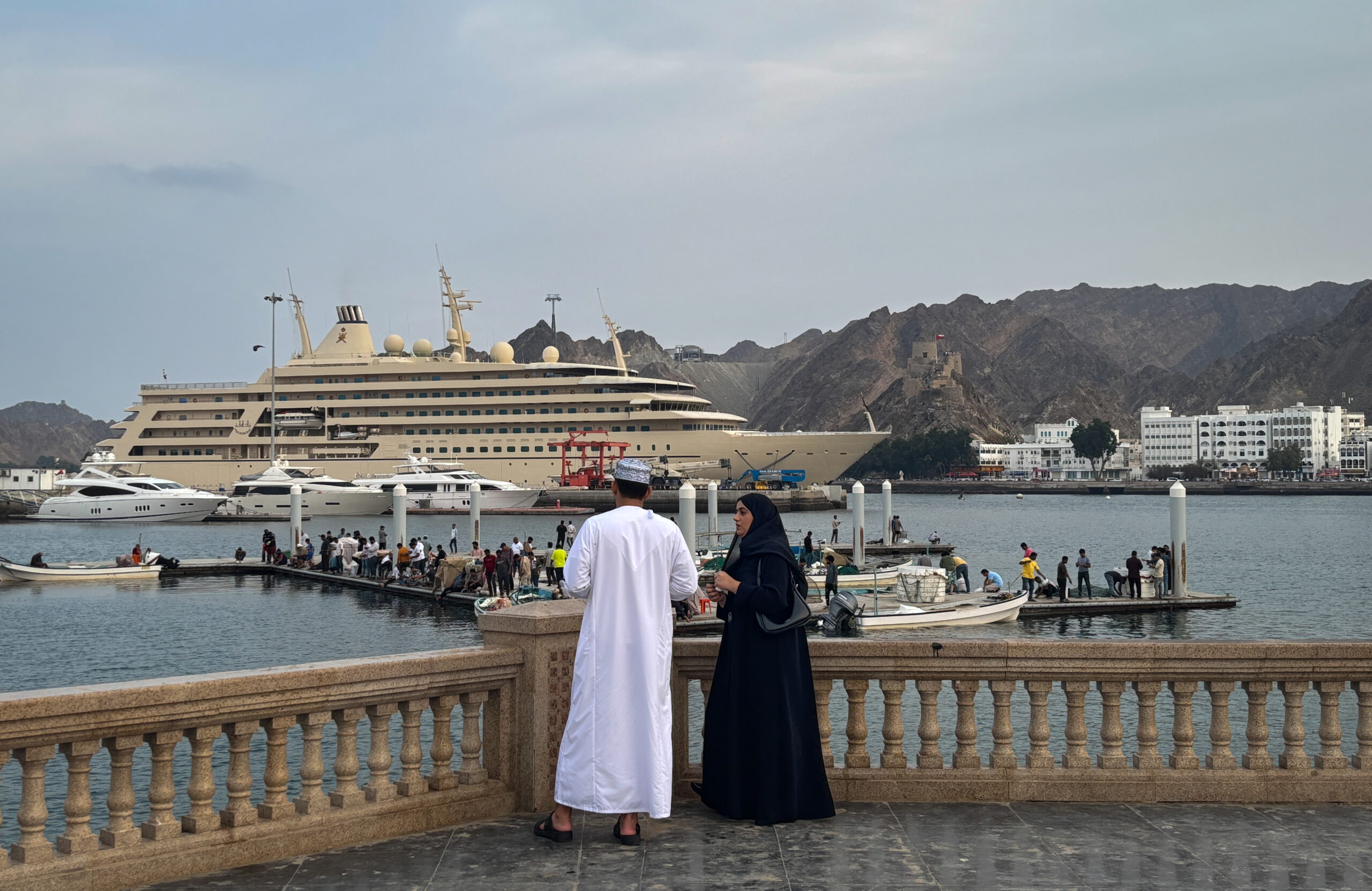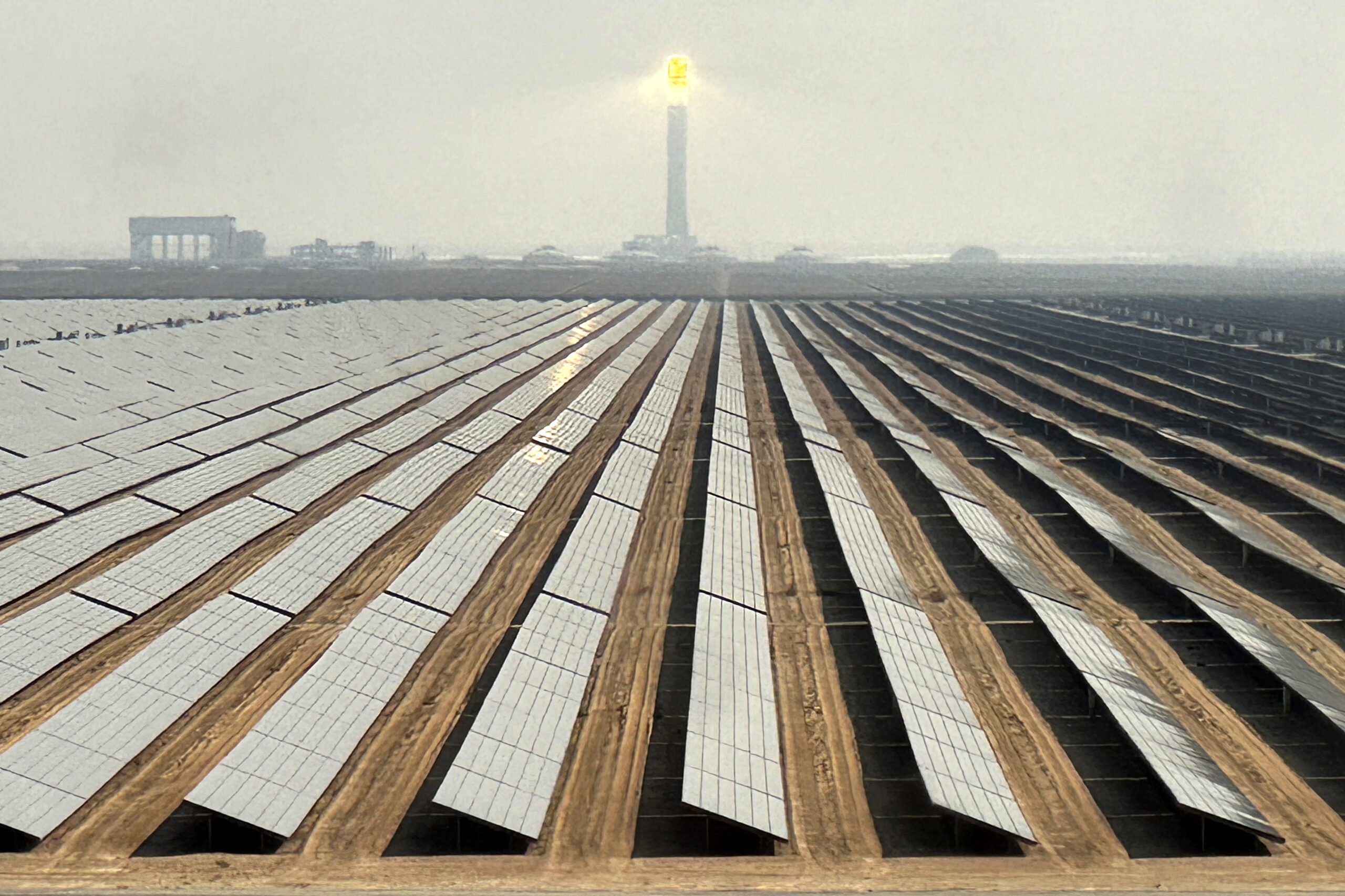Petro Diplomacy: Challenges to the Energy Transition in the Gulf Countries
On October 2, AGSIW held its fifth annual Petro Diplomacy conference, exploring what measures the oil-producing states are adopting to manage the global transition to renewables and alternative energy sources and how this will impact demand for oil in the decades ahead.

Executive Summary
The Arab Gulf States Institute in Washington held its fifth annual Petro Diplomacy conference on October 2, 2019 on the theme “Challenges to the Energy Transition in the Gulf Countries.” The conference brought together public and private sector stakeholders to debate the issues facing the Gulf states and the larger Middle East after another year of oil price volatility and rising geopolitical tensions. They also explored what, if any, measures the oil-producing states are adopting to manage the global transition to renewables and alternative energy sources and how this will impact demand for oil in the decades ahead.
Before looking at the longer-term prospects for the Middle East’s oil producers, there were a number of immediate and short-term developments that provided insights into the evolution of the energy landscape. The conference took place just two weeks after the brazen attack on the Abqaiq oil gathering complex and Khurais oil field in Saudi Arabia, briefly knocking out 5.7 million barrels per day of Saudi production, roughly half of the kingdom’s oil output. With Iranian oil exports practically halted because of U.S. sanctions, Venezuelan oil production plummeting, and Libyan oil output erratic, some 9 mb/d of oil supply, approximately 10% of total global supply, was lost. Yet after an initial spike in oil prices immediately after the attacks, the oil market fell back, despite the heightened tensions in the Gulf region. The dramatic rise in U.S. shale oil production had destabilized the market, which in part explains the market’s complacency. Further pressure has come from a weaker energy demand outlook amid predictions of an impending global economic slowdown, partly because of trade disputes.
There was general agreement among the experts gathered that the Middle East would remain a strategically important region for decades to come. Energy demand is set to rise by 30% between now and 2040. An additional 70 mb/d of oil and natural gas liquids, taking into account natural decline from existing fields, will be needed.The main challenge facing oil producers is new competition from fuel sources that appeal to consumers concerned about the impact of fossil fuels on the environment and whether this will bring about peak demand for oil sooner than anticipated. Participants had different views on the impact that the rise in the number of electric vehicles and electrification would have on oil demand, though the consensus view was that continued investment in oil and gas is needed even in a scenario of a more rapid transition to lower-carbon solutions.
About Petro Diplomacy
For the fifth consecutive year, AGSIW convened its Petro Diplomacy conference, bringing together private and public sector stakeholders from the United States and the Gulf Arab countries to discuss emerging trends in energy markets and regional politics.
The world of energy is transforming rapidly and advances in technology are changing the traditional models where oil and gas were the main building blocks. AGSIW leverages its position as a trusted source for analysis on the Gulf Arab states in Washington to provide access to Gulf perspectives on energy markets and politics. In this context, Petro Diplomacy offers a unique forum for industry experts to engage with policymakers and analysts looking closely at how oil and gas producers in the Middle East are preparing for the possibility of a peak in demand for oil, and the region’s geoeconomic and domestic political drivers.
The views represented herein are the author's or speaker's own and do not necessarily reflect the views of AGSI, its staff, or its board of directors.





